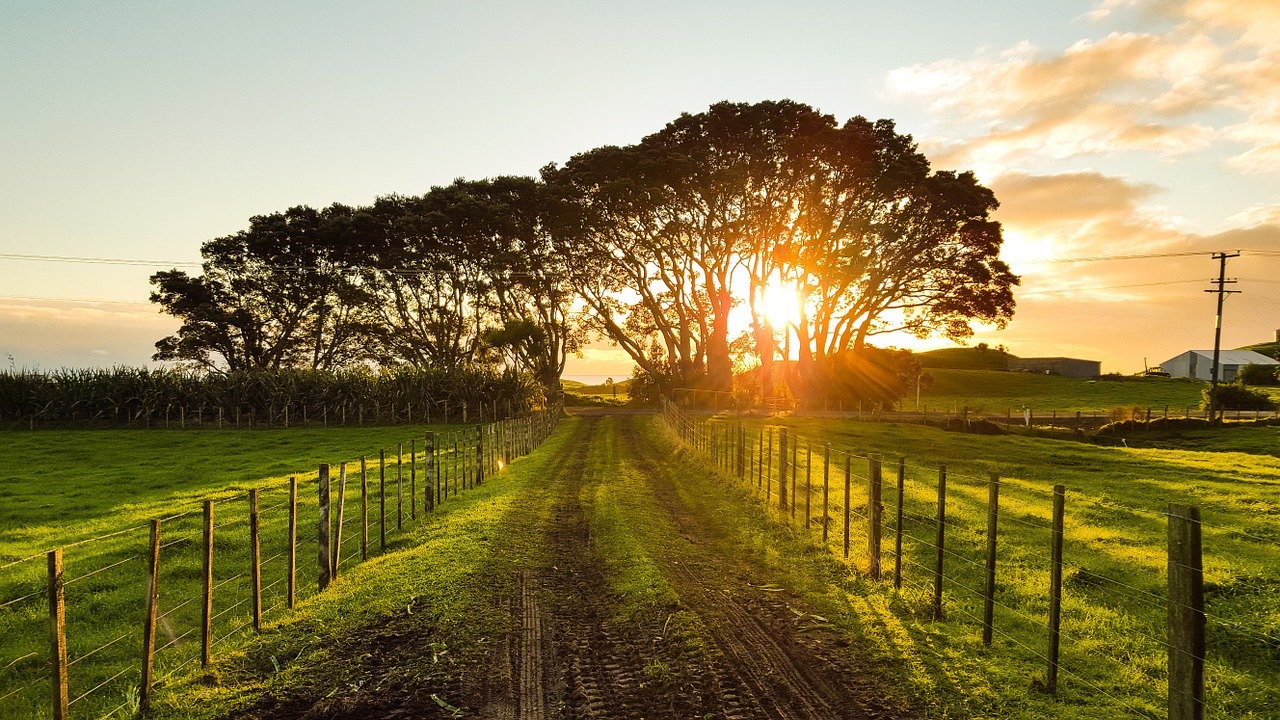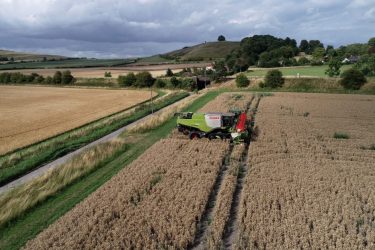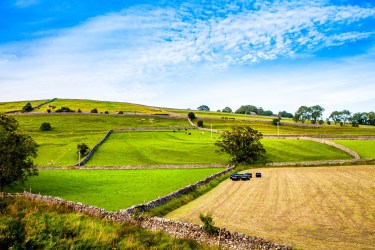By John Giles
Several of the projects we have been involved within the last few weeks and months have required us to look at the impact of the new Agricultural Bill that is now passing through the House of Lords.
I thought, as such, it a sensible idea to have a go at trying to summarise what appears to be happening and what the impacts might be on the UK farming and food sector. Leaving the EU by the start of 2021 means the UK is also leaving the EU’s Common Agricultural Policy (CAP). Farmers in the UK currently receive around £3.5 billion support annually under the CAP. More than 80% of these CAP payments that UK farmers receive are ‘direct payments’ based on how much land they farm. The remainder pays mainly for rural and environmental farm management schemes.
The Agriculture Bill now being proposed provides the legislative framework for the replacement of existing agricultural support schemes. It also provides a range of powers to implement new approaches to farm payments and land management. Farmers will be paid largely in the future to produce ‘public goods’ such as environmental or animal welfare improvements and see payments for production of agricultural products phased out over a 7 year period. The Bill also includes wider measures, including improving fairness in the agricultural supply chain and on the operation of agricultural markets.
The other objectives of the Agricultural Bill include as follows:
- balancing the need for food production with the requirement for better standards of environmental practice and sustainability
- de linking payments to farmers to create the environment for faster structural change in UK farming and encourage new entrants in to the sector
- a fairer and more transparent supply chain
- increasing awareness of the importance of food security
- the retention of Producer Organisations
- the ability to provide emergency assistance to farmers if required – but this would not include extreme weather or disease outbreak, unless they result in markets being disrupted and damage to producers
- to encourage the production of organic food
- maintaining high standards of animal welfare, food safety etc. for UK producers and protection for UK farmers from imports from countries that have lower standards of production – this is one of the most contentious issues and will be put to the test during the UK – US Free Trade Agreement discussions vis a vis the importation of US poultry products, GM soybeans and hormone treated beef etc
The rapid removal of direct payments has been treated with caution by the devolved administrations in Wales, Scotland and Northern Ireland, at least up to 2024. This is not surprising given that agriculture is a devolved issue, and Scotland, which refused to consent to the initial Bill, published its own Agriculture Bill in November 2019. This allows the Scottish government to continue current CAP schemes, including direct payments, beyond 2020.
The differences between the countries of the UK regarding farm support could create tensions, with farmers complaining about the lack of a ‘level playing field’. But the amount of money to be allocated to UK farming still basically lies with Westminster, and therefore the devolved governments may find themselves constrained on how they can use their own budget.
So, what does this all mean for UK farming? The proof will be in the pudding, of course, but some things seem clear:
- UK farmers will be required to produce food in a more environmentally friendly manner than in the past
- the amounts of financial support received by farmers for production will be reduced over time and they have c. 7 years to plan on how they will run their business with vastly reduced subsidies than they have enjoyed in the past – this is a major challenge
- the UK supply chain should operate in a more transparent and fairer manner – but to our mind will still be fiercely competitive
- UK farm standards should be upheld to the benefit of producers and consumers, but much will depend on the outcome of the UK – US Free Trade Agreement and the precedent that this might set
- it should be easier for new entrants to begin farming and produce a greater degree of structural change of UK farming than seen in the past
As such, the Agricultural Bill, which is passing through the legislative process now, will represent a fundamental change in how UK farming and food production is supported over the next 10 years and beyond, with a huge shift to an emphasis on environmental enhancement and a more sustainable supply chain per se. It has been estimated that the actual amount of money paid out to farmers might not reduce by that much, but what will happen, is that it will be paid out in a very different way.
It has therefore been described by the Government as a “landmark” for UK farming and “one of the most important environmental reforms for many years” which will take the UK “away from the EU’s bureaucratic Common Agricultural Policy”.
This therefore presents something of a brave new dawn for UK agriculture and food and its development will be watched with interest in other countries around the world, and not least, around the various regions of the UK.








